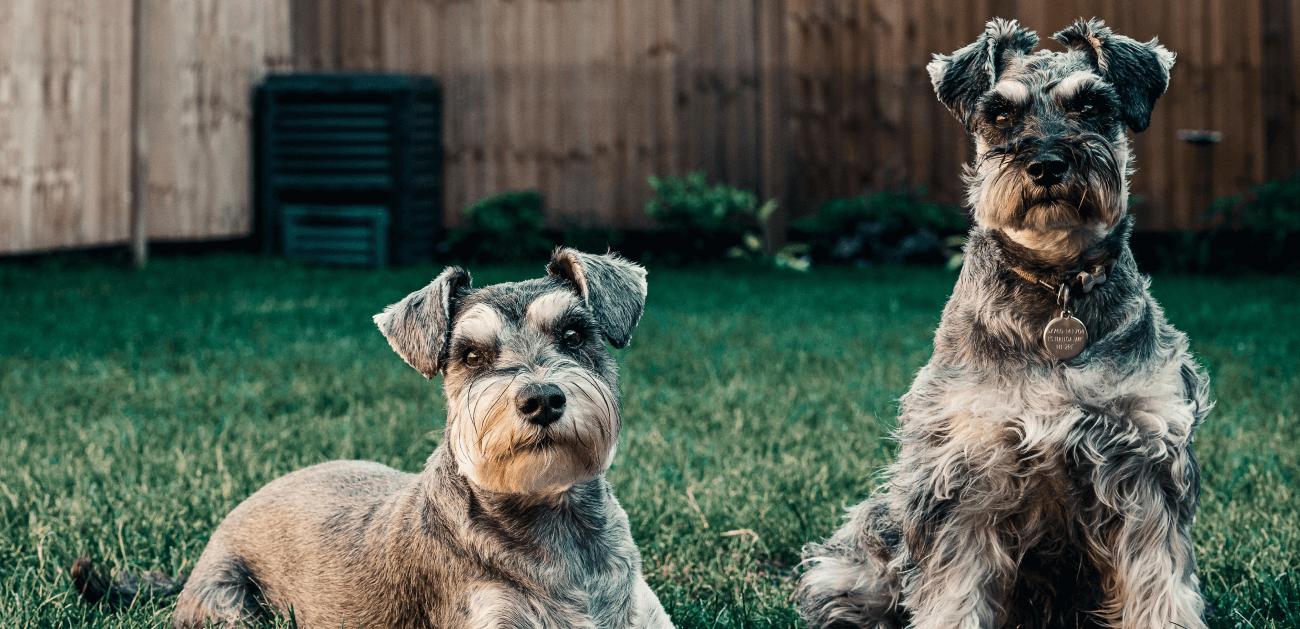No products in the cart.


“Great guide! I always thought milk was okay for cats, but I’ve been learning that it can cause digestive issues. What’s a good alternative for giving them a treat? My cat loves anything creamy, but I want to make sure it’s safe.”
“Thanks for this! I’ve been struggling with what to feed my senior dog with sensitive digestion. You mentioned sweet potatoes as a good option—has anyone tried adding them to their dog’s meals? I’d love to hear how it worked out.”
Thornton Casper
“This post was super helpful! I didn’t realize grapes were so dangerous for dogs. I’ve been looking into more natural food options—any recommendations for healthy dog treats that are easy to make at home?”